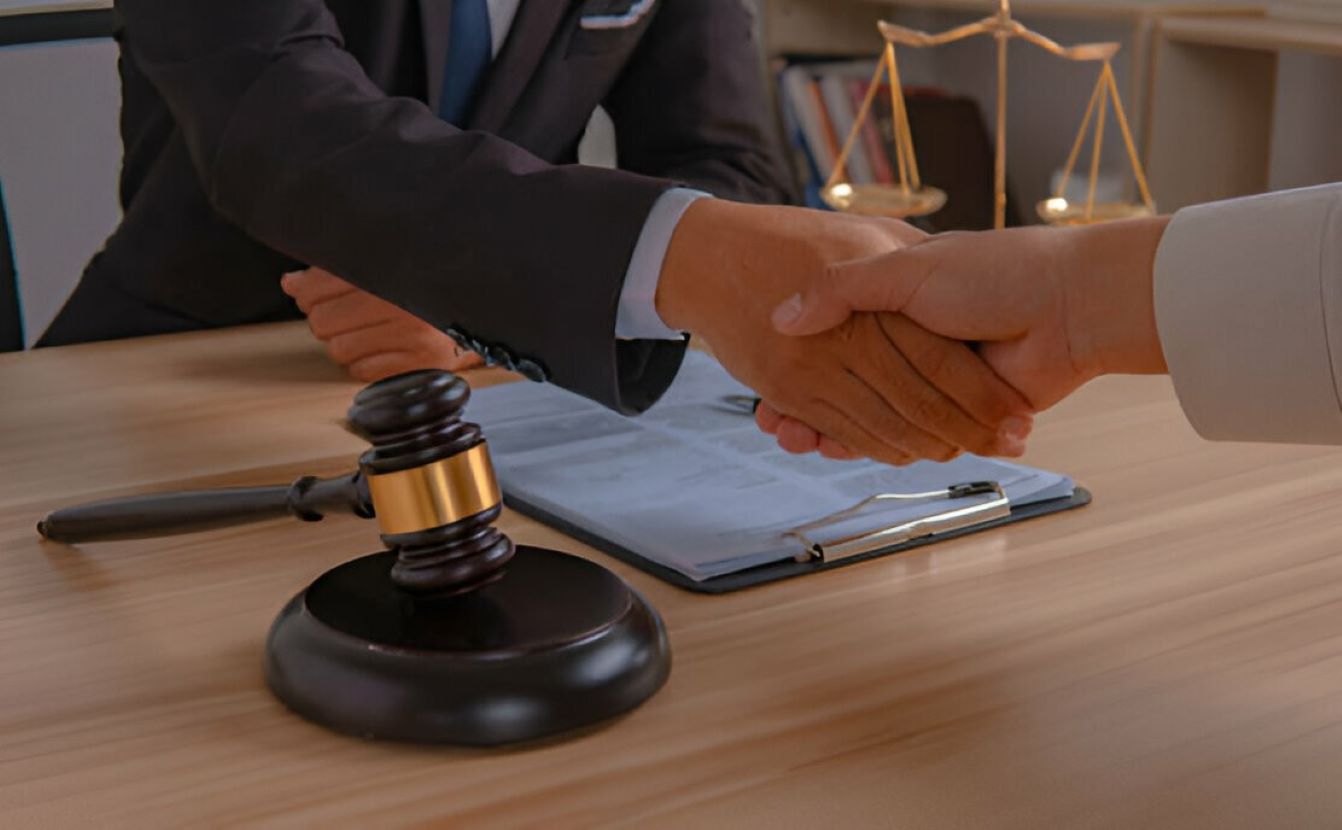Finding the right personal injury lawyer can significantly impact the outcome of your case. The decision requires careful consideration of multiple factors to ensure you receive quality representation.
This guide will walk you through the essential steps to find a personal injury lawyer who can effectively advocate for your rights and secure fair compensation.
Contents
Start with Personal Recommendations
Word-of-mouth referrals from trusted friends and family members can provide valuable insights into a lawyer’s capabilities. These personal recommendations often come with detailed accounts of the attorney’s handling of similar cases and their overall approach to client relationships.
Ask specific questions about their experience, including communication style and case outcomes.
Consider reaching out to other attorneys you may know for their professional recommendations. Lawyers often maintain networks within their profession and can direct you to colleagues who specialize in personal injury cases. These professional referrals can be particularly valuable as they’re based on industry knowledge and reputation.
Evaluate Experience and Expertise
Look for attorneys who specialize specifically in personal injury law rather than general practitioners. A specialized lawyer will have deep knowledge of personal injury regulations, precedents, and successful litigation strategies. They should have extensive experience handling cases similar to yours.
Consider the attorney’s track record of success and their experience in trial proceedings. While many cases settle out of court, your lawyer should be prepared and competent to take your case to trial if necessary. Ask about their success rates and the types of settlements or verdicts they’ve secured for similar cases.
Assess Communication Style and Availability
Pay attention to how the lawyer communicates during your initial consultation. A good attorney should explain complex legal concepts clearly and answer your questions thoroughly. They should demonstrate genuine interest in your case and make you feel comfortable discussing sensitive details.
Consider the lawyer’s accessibility and responsiveness to your inquiries. Your attorney should have clear communication protocols in place and maintain regular contact throughout your case. Watch for signs of professional courtesy, such as prompt responses to calls or emails and respect for your time during meetings.
Review Resources and Support Systems
Examine the law firm’s infrastructure and available resources for handling your case. A well-equipped firm should have access to medical experts, accident reconstruction specialists, and other professionals who can strengthen your case. They should also have adequate staff to handle the administrative aspects of your claim.
Consider the firm’s technological capabilities and case management systems. Modern law firms should utilize current technology to track cases, communicate with clients, and manage documentation efficiently. This infrastructure can significantly impact the handling of your case and the overall client experience.
Understand Fee Structures and Agreements
Discuss fee arrangements clearly before making your decision. Most personal injury lawyers work on a contingency fee basis, meaning they only get paid if you win your case. Make sure you understand exactly what percentage they will take and what additional costs you might be responsible for.
Review the retainer agreement thoroughly before signing. The agreement should clearly outline all terms, including fee structures, communication expectations, and case handling procedures. Ask questions about any terms you don’t understand and ensure you’re comfortable with all aspects of the agreement.
Conclusion
Selecting the right personal injury lawyer requires careful consideration of multiple factors, from experience and expertise to communication style and resources. Take time to evaluate potential attorneys thoroughly, ask detailed questions, and trust your instincts about their professionalism and dedication.
Remember that this decision can significantly impact your case’s outcome, so choose an attorney who demonstrates both competence and commitment to your success.

